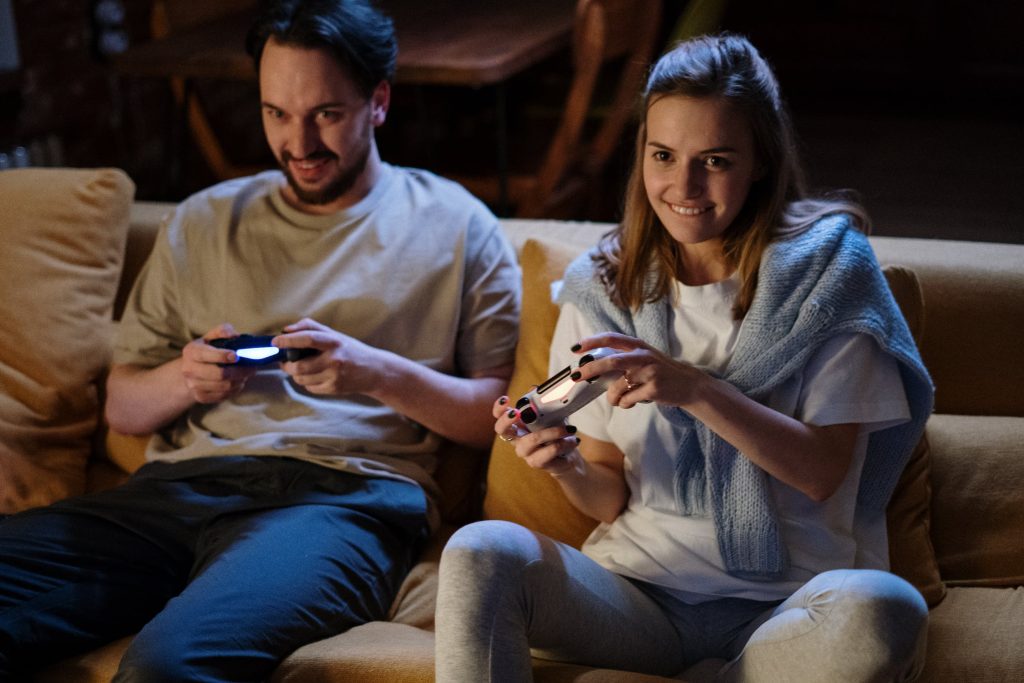Oxford University academics have announced what many gamers could have already told them for free: there are health benefits to gaming. The researchers analyzed data of participants’ playing time and discovered that gaming could actually be valuable in developing skills that could be transferred to other areas of life, which would give players a boost. For the first time, researchers actually used playing data as opposed to previous studies’ use of self-reporting data, which is renowned for being inaccurate. With this breakthrough shedding a more positive light on the industry, how else can all forms of gaming prove to be beneficial?
Coordination Benefits
Action-packed video games have already been scientifically proven to help hand-eye coordination in players. Platform games, multiplayer games, and even first-person shooters require you to take in a vast amount of information and then react quickly to it. A study found that just five hours of gaming helped see a marked difference in hand-eye coordination abilities.
The results of the study were so informative that they actually led to a new way of treating sensorimotor issues. As well as boosting hand-eye co-ordination, gaming also helps to improve information processing. Many times, especially further into games, players must use critical thinking to progress further in the game.
Puzzle Solving Abilities
Part of the benefit of gaming comes from the puzzles posed to players. Gaming on social media, such as Facebook, took us out of our mundane world and into the world of farming as a distraction and a chance to work on daily tasks. We had to juggle the harvesting of crops, networking with friends, and managing budgets to ensure our farms ran well. Even the repetitive Candy Crush Saga on mobile gives the brain a puzzle to work on.
Elsewhere in entertainment, as NetBet casino shows with its table game offerings such as roulette and poker, players have to make decisions based on a limited amount of information. Playing poker, for instance, can help us get used to making strategic decisions. Others, like roulette, a game of more chance than poker, show us what it means to take risks based on certain odds. These games are good to play but with limits or with 25 Free Spins that you can find at gamblizard.
Solving puzzles in gaming can be beneficial for other areas as life as they can help us make decisions under time pressure and with a select amount of information. Using a variety of games to train our brains to solve puzzles can be a more engaging way of practicing using critical thinking skills.

Eye Benefits
Despite the old wives’ tale that staring at a screen led to square eyes, research actually shows the contrary. Playing video games can improve some aspects of eyesight. The part of the eye that is called upon for tasks such as reading or driving at night – contrast sensitivity function – can be aided by playing video games.
Playing games involves taking in information through the eyes, including subtle changes to the background and foreground. The way games are composed means that they are primed for players to be doing this constantly while playing. Improving this ability in the game can lead to better eyesight at night and when completing tasks that require contrast sensitivity.
Gamers could have extolled the virtues of playing long ago, but it’s nice to finally have the empirical evidence on side. Not only could gaming give us practise in solving puzzles, but it could also have benefits for eyesight and hand-eye coordination, too.

DC Fanboy! Superman is the greatest comic book character of all time. Favorite movies are Man of Steel, Goonies, Back To the Future







